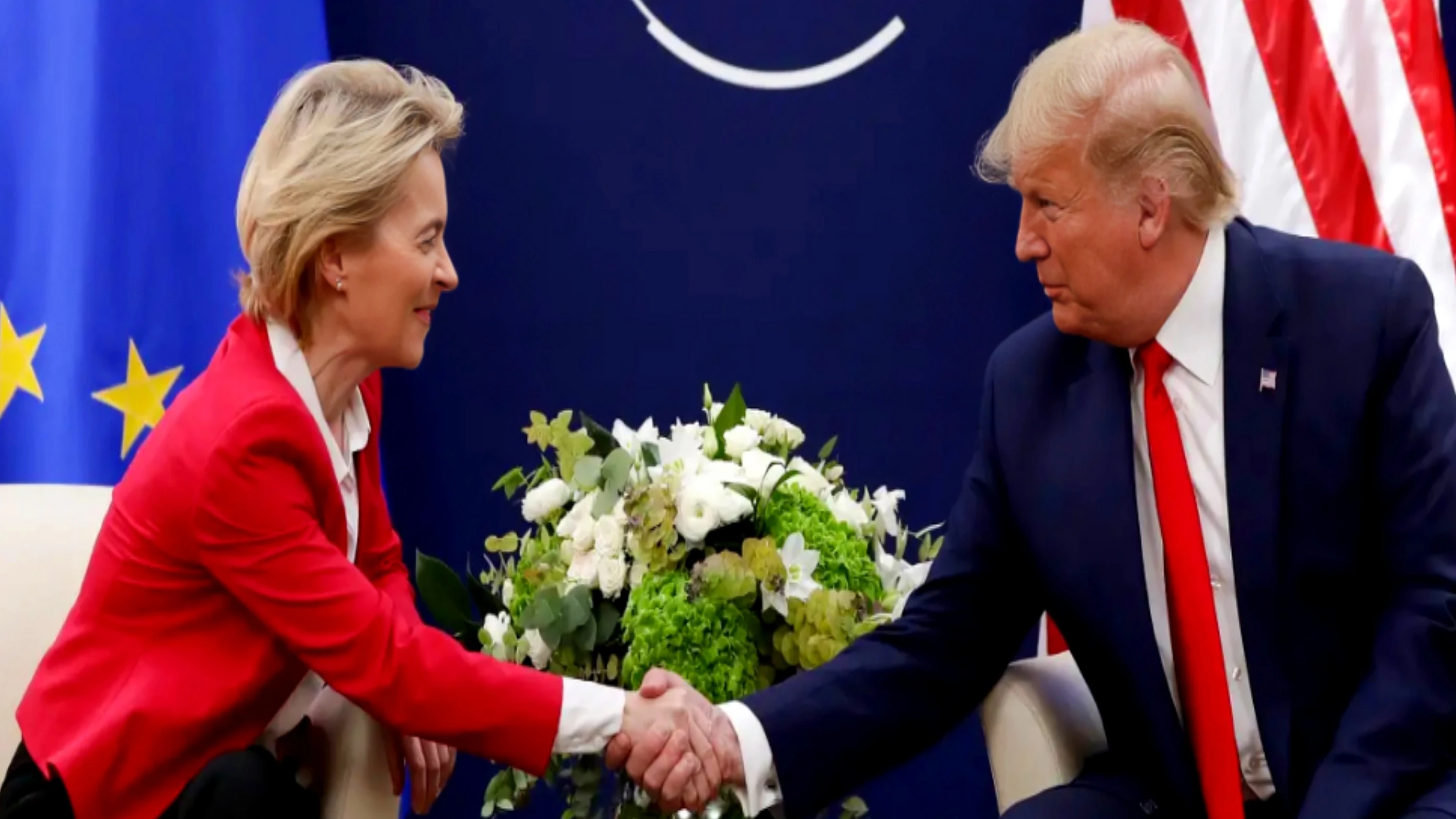Analysis: The 2025 Shangri-La Dialogue, held from May 30 to June 1, convened in an atmosphere saturated with global tension and disillusionment. This annual strategic forum—renowned for bringing together political and military leaders from rival blocs—served once again as a stage for world powers to air their grievances, project influence, and defend ideological worldviews. However, this year’s dialogue felt less like a forum for security cooperation and more like a battleground of competing narratives on the future of the international order.
In particular, the Western bloc—led by the United States and its European allies—presented a stark and coordinated message: China and Russia, they warned, are attempting to craft a new world order, one that purportedly threatens the liberal values of freedom, democracy, and human rights. This rhetoric, familiar and rehearsed, framed the West as a bulwark against authoritarianism, painting Beijing and Moscow as architects of a dangerous alternative model. But as this narrative was delivered, a deeper and more uncomfortable question loomed in the minds of many: what moral authority does the current Western-led order have to define or defend “human rights” and “global stability”?
To understand the intellectual and ethical weight of that question, one must step back and examine the actual outcomes of the current world order. If China and Russia are accused of endangering human rights in a hypothetical future, then the West must account for the human cost of its real and well-established global dominance. And that cost is staggering. The map of the current world order is marked not by peace, but by protracted wars, economic devastation, mass displacement, and state collapse—often in regions that were once prosperous and stable before becoming laboratories for Western intervention.
Consider the Middle East, a region systematically destabilized under the banners of democratization and humanitarian intervention. Iraq, Libya, Syria—each serves as a case study in how Western military actions, devoid of long-term political accountability, have torn apart the fabric of entire societies. Afghanistan, after two decades of occupation and countless civilian casualties, was abandoned overnight, left to face the same forces the West had vowed to eliminate. In Africa, centuries of colonial extraction have simply evolved into modern forms of economic domination, facilitated by Western institutions that preach development but often entrench dependency.
Palestine, perhaps the most damning indictment of Western hypocrisy, continues to bleed as the self-declared guardians of human rights look away—or worse, offer unequivocal support to the oppressor. In each of these cases, the rhetoric of human dignity has been selectively applied, revealing a pattern: human rights matter only where they align with Western strategic and economic interests.
It is in this context that the West’s alarm over a potential “new world order” must be interrogated. The fear is not rooted in a principled defense of global justice—it is a geopolitical anxiety over the erosion of unilateral influence. When Western leaders warn that Russia and China pose a threat to the liberal international order, what they are truly signaling is that their own era of unquestioned hegemony is under threat. The West is not defending human rights per se; it is defending a structure that has historically allowed it to define those rights on its own terms, while violating them with impunity elsewhere.
This double standard is not accidental—it is structural. The existing world order, forged in the aftermath of World War II and institutionalized through bodies like the United Nations, NATO, the IMF, and the World Bank, was built to reflect and preserve Western primacy. Even today, the so-called international community is often a euphemism for a Western consensus, enforced through military alliances, financial leverage, and selective legal frameworks. The International Criminal Court, for example, rarely prosecutes Western leaders, no matter how grave the alleged crimes. NATO continues to expand, not as a defensive pact, but as an instrument of political and military coercion.
The Western narrative, therefore, functions less as a universal moral compass and more as a tool of legitimization—justifying wars, sanctions, regime changes, and occupations under the guise of liberal values. In this light, the much-cited phrase “might is right” becomes not a critique of authoritarianism, but a fitting descriptor of the Western order itself.
To be clear, this is not an uncritical endorsement of a Sino-Russian alternative. A world dominated by authoritarian powers poses its own dangers. But the current world order has already failed to deliver on its promises. Climate catastrophe, widening economic inequality, and endless regional conflicts are not anomalies—they are the logical byproducts of a system that prizes power over principle, and profit over people.
The real crisis, then, is not that a new world order may emerge—but that the old one has so thoroughly discredited itself. If Russia and China are positioning themselves as alternatives, it is only because the moral legitimacy of Western leadership has eroded. The West did not lose global trust in a single moment—it lost it war by war, lie by lie, silence by silence.
As we move deeper into an era defined by multipolarity and uncertainty, the pressing question is not who will dominate the next world order, but whether any order can emerge that is truly inclusive, just, and sustainable. One that does not turn human rights into a geopolitical chess piece. One that treats sovereignty not as a privilege for allies, but a right for all nations. And one that values peace not just in speeches, but in practice.
In this moment of global reckoning, the demand for a new balance of power is not a radical fantasy—it is an existential necessity. If humanity is to survive the challenges of the 21st century, it cannot do so under the collapsing weight of 20th-century hypocrisies. A just world order must begin with truth. And the truth is: the current order is broken beyond repair.








